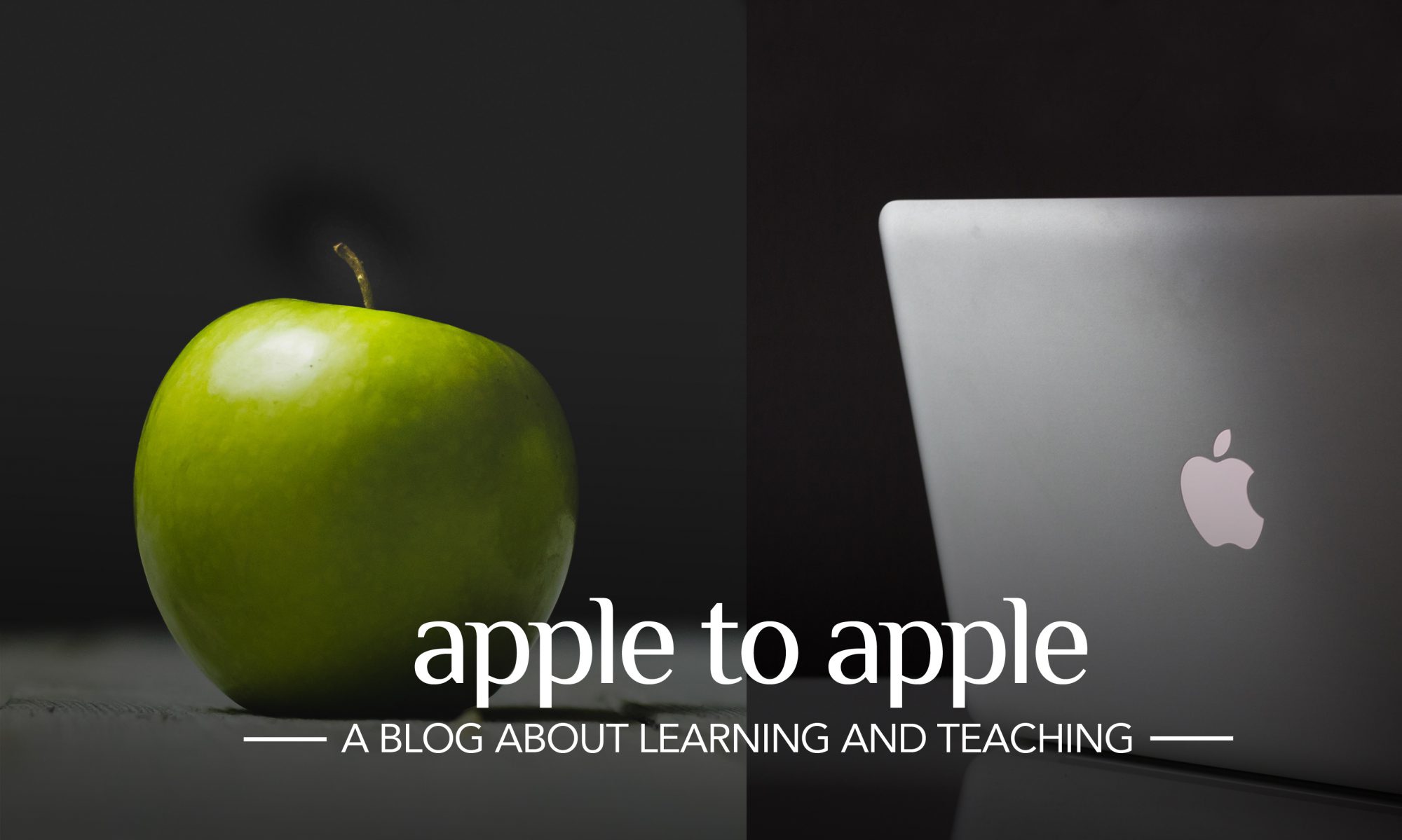My mom had a one-word fix for boredom—work. So when we had nothing to do, we didn’t bother her. Having seven children, this tactic may have been based more on self-preservation than on an understanding of the brain. But whatever the motive, her refusal to cure our boredom was a gift.
Because she didn’t rush to fill our emptiness, we learned to look to ourselves. We came to see that we, not adults, were the makers of fun. During long summer evenings in Flint, Michigan, for example, my brother and I devised our own adventure. We turned into spies. Hiding behind parked cars and dodging from bush to bush, we’d spend the entire evening trying not to be seen as we stalked our siblings and trailed our neighbors up and down the street.
Other times, boredom turned our thoughts inward. On the eight-hour car trips from Flint to Maryland to visit our grandparents, we had no electronic games and no movies. I remember pressing my face against the window as I tried to work out who I was—how living in the city was making me a different person than if I still lived in the country near my grandparents.
And every single evening, the mound of dishes to be washed and dried and stacked in the cupboard gave me a chance to choose between grumpiness and flights of fancy. With my hands in the dishwater, my mind had nothing to do but wander. As I ranged from one random idea to another, I began to make connections. From these dish-washing sessions came the first stories I ever wrote. This is the kind of imaginative thinking that comes from a mind in low-gear. No wonder some of my best ideas still come as I fold laundry or just as I’m drifting into sleep.
It’s not that my mom never played with us, never plunked paint or pipe cleaners or clay in front of us. But this was a treat, not a daily practice. Most of the time, if we even hinted of having nothing to do, she’d point to unfolded diapers, unswept floors, and unpeeled potatoes.


Phyllis, after reading the review of your book in MWR by Shirley Showalter, I knew I needed to read it. Now I keep thinking about whom can I lend it to. Thank you for writing Yoder School. I was teaching English at LMS when you were there. I don’t think I had you in class, but my memory may fail me. I am glad I can keep reading your writings this way. Janet Gehman
LikeLiked by 1 person
Thank you for writing. And I do remember you! You are right. I didn’t have you as a teacher–though I heard plenty of good things about you. I appreciate you reading my book and following my blog!
LikeLike
Your husband and I would invent stories while doing the dishes, one washing and one drying. The story invariably centered around going into the woods, building a shelter and “living off the land”. When I had to write a story for my Children’s Literature class at Goshen College, I used that theme!
Doug Swartz
LikeLiked by 1 person
Great story, Doug! Thanks!
LikeLike
I can relate, and so can our children.
LikeLike